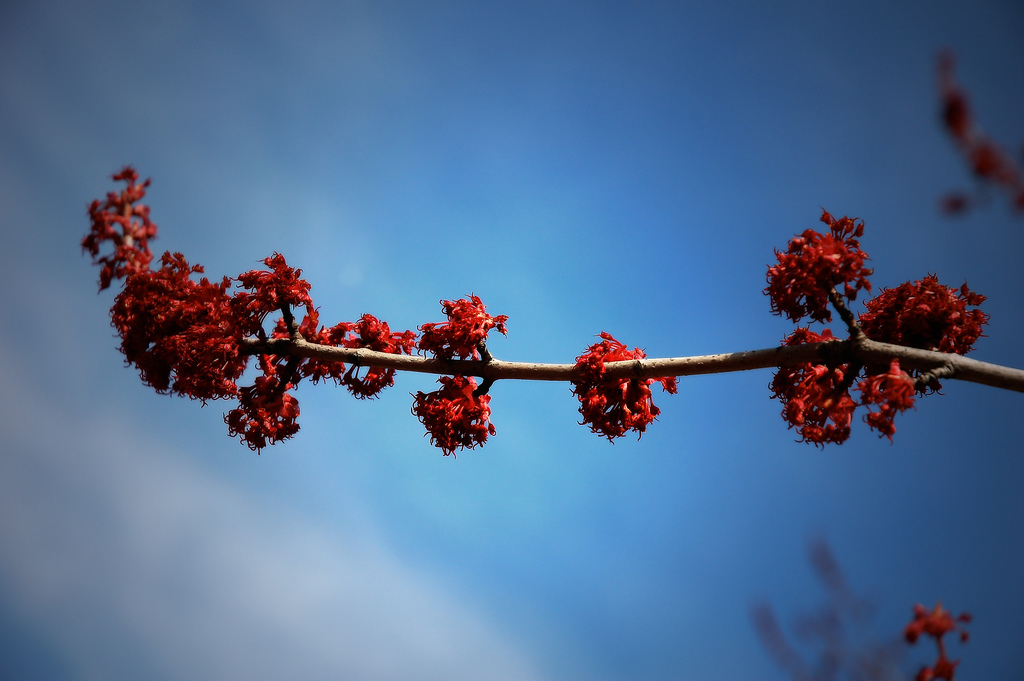 Encouraged by a recent conversation with a patient, I purchased a new translation of the Yellow Emperor's Classic of Medicine, or Neijing Suwen. The Neijing is the fundamental text of Chinese acupuncture, written in the second century BCE, and continues to have relevance in its exposition of the guiding principles of Chinese medicine. Interestingly, much of its analysis is also congruent with a more modern understanding of physiology.
Encouraged by a recent conversation with a patient, I purchased a new translation of the Yellow Emperor's Classic of Medicine, or Neijing Suwen. The Neijing is the fundamental text of Chinese acupuncture, written in the second century BCE, and continues to have relevance in its exposition of the guiding principles of Chinese medicine. Interestingly, much of its analysis is also congruent with a more modern understanding of physiology.
As I re-read this classic, I was once again struck by the importance that the Neijing places on both environment and mental health as a component of disease. Western medicine is only today beginning to catch up to where Chinese medicine was over 2,000 years ago. The idea that the healthy individual adjusts his habits to suit the season contradicts our modern way of life, where we use technology to create an environmental bubble in which we believe we can live without having to change ourselves, even while our surroundings go from freezing to sweltering and from desert to swamp.
It is a false belief, of course, as our technological bubble has as many holes as a piece of swiss cheese; and furthermore, evolution has not adapted us for a static, pasteurized environment. We need our cold and hot, our wet and dry, even our bacteria, in order to be healthy. Indeed, the Chines doctors of the Han period were probably the first environmentalists of humanity.
Living in harmony with one's environment is stressed as an important health measure throughout the Neijing. Environment and season dictates the healthy person's sleep schedule, type of work and foods to be eaten. And so it is with the season we now entering:
"The three months of the spring season bring about the revitalization of all things in nature. It is the time of birth....During this season it is advisable to retire early. Arise early also and go walking in order to absorb the fresh, invigorating energy. Since this is the season in which the universal energy begins anew and rejuvenates, one should attempt to correspond to it directly by being open and unsuppressed, both physically and emotionally."
These words were written over 2,000 years ago, but are no less true today. Research published this month has found that our very genes work in synchronicity to the seasons, and this is the very same effect that the Neijing refers to as "universal qi." With the seasons of the earth encoded in our DNA, genes are turned on and off in accordance with the time of year. Not only are our wake/sleep cycles altered, but our bodies are attuned to the type of nourishment that we should be receiving at that time of year, and genes are turned on or off accordingly. The authors of this study conclude that a "loss of rhythmicity or a change of phase may alter the physiological array or rhythms...leading to metabolic derangement and disease, i.e., chronopathology."
Diseases currently linked to chronopathology include cardiovascular disease, depression, pancreatitis, ulcers and other gastrointestinal disorders.
So how does the Neijing suggest that we respond to the changes wrought by spring?
"On the physical level," it suggests, "it is good to exercise more frequently and wear loose-fitting clothing. This is the time to do stretching exercises to loosen up the tendons and muscles. Emotionally, it is good to develop equanimity."
Nutritionally, the book recommends reducing our intake of sour flavors, and increase sweet and pungent flavors. Good spring foods include onions, leeks, leaf mustard, Chinese yam, wheat, dates, cilantro, mushrooms, spinach and bamboo shoots.
This is good advice for any time of year, frankly, but it particularly makes sense in the spring, as we transit from our cramped and immobile winter selves to our more active summer selves.
The need to keep oneself physically and mentally in harmony with our environment is why I have many of my patients return at each solstice or equinox. These astronomical events, representing the change from one season to the next, are good markers for us to take stock in our health and adjust what needs to be adjusted. Sometimes the adjustment is needed in the spine, sometimes in the diet, and sometimes in the acupuncture meridians. But it just makes sense to prepare yourself ahead of time for the challenges -- and joys -- of the upcoming season. Once again, the Neijing offers us wisdom on this:
"Treating an illness after it has begun is like suppressing revolt after it has broken out. If someone digs a well when thirsty, or forges weapons after becoming engaged in battle, one cannot help but ask: Are these actions not too late?"
It is always my goal to be the doctor who treats the illness before it appears.
Dr. Avery Jenkins is a chiropractic physician specializing in the treatment of people with chronic disorders. He can be reached at alj@docaltmed.com or by calling 860-567-5727.